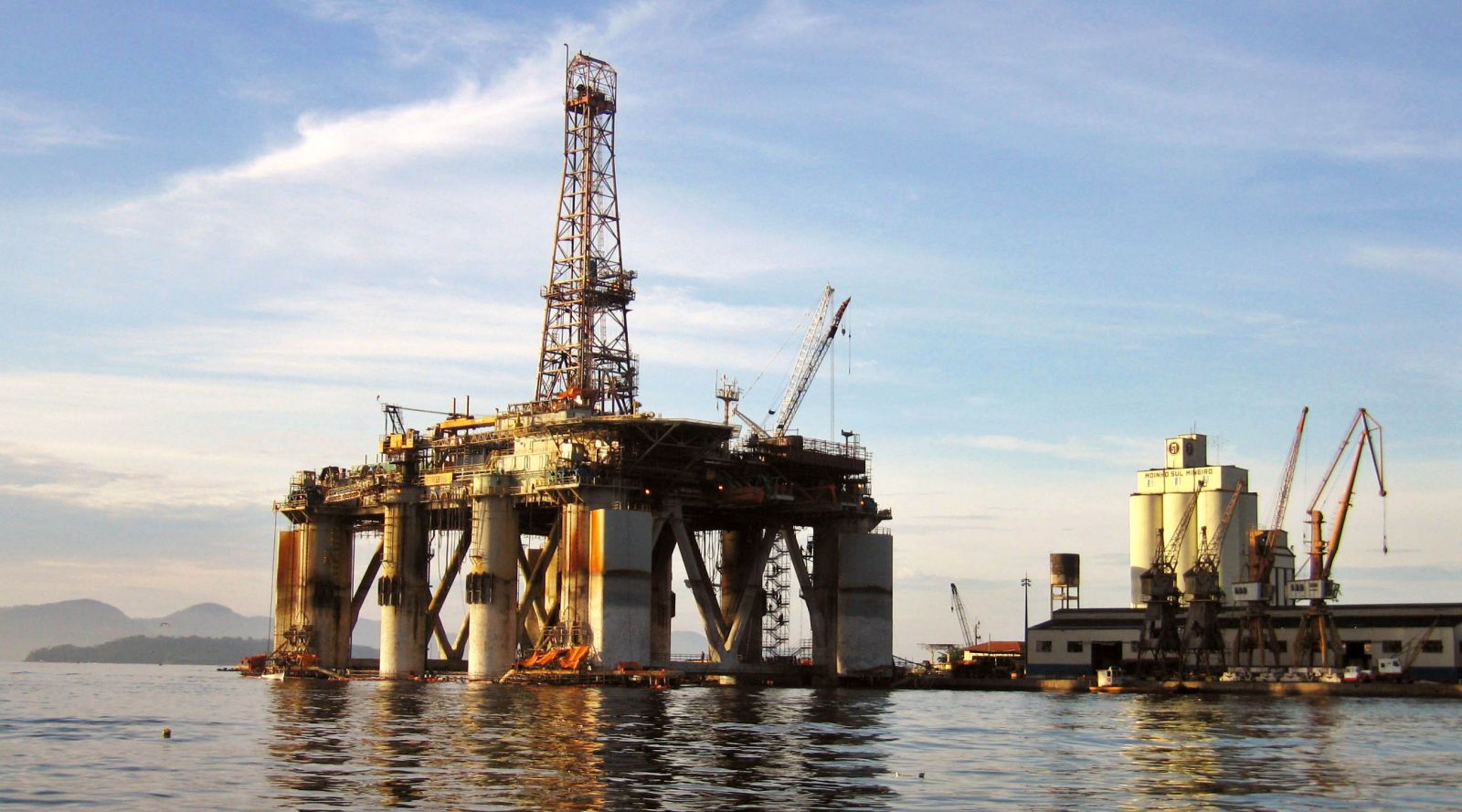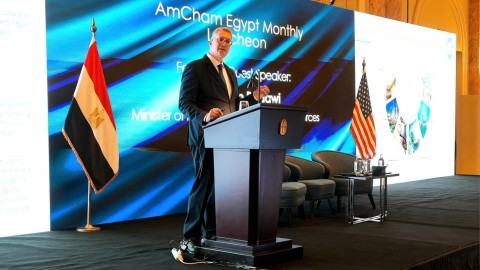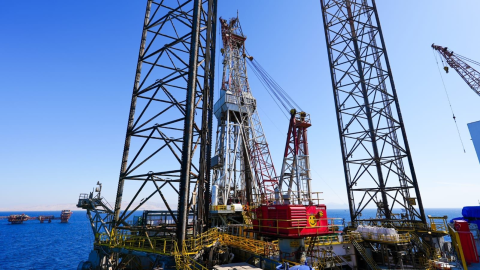There’s a growing chorus of lawmakers advocating a bigger role for foreign oil companies in Brazil’s prized deepwater discoveries as the national producer grapples with the industry’s biggest debt load and funding constraints.
At least three proposals in congressional committees would change Brazil’s production-sharing model, known as “partilha” in Portuguese, or remove the requirement for Petroleo Brasileiro SA to participate in every auction for so-called pre-salt fields. Lower house speaker Eduardo Cunha said he plans to bring the bills for a vote soon.
Cunha has the support of the opposition and his Brazilian Democratic Movement Party, or PMBD, part of President Dilma Rousseff’s ruling coalition and the second largest party in Congress. Rousseff and her Workers’ Party continue to defend pre-salt legislation, arguing a national champion should be in control of a area with low exploration risk and high returns.
“Congress needs to urgently review this mistake made by the government,” Leonardo Picciani, leader of the PMDB in the lower house, said in an interview in his office in Brasilia.
The model “paralyzed Petrobras,” he said. “Petrobras doesn’t have the financial capacity to make the necessary investments to be the exclusive operator.”
Picciani said his state of Rio de Janeiro has suffered dire economic consequences as Brazil’s oil industry stagnates, waiting for Petrobras to emerge from its financial and legal troubles. Unless foreign companies are allowed to pick up the slack, the pre-salt fields will go undeveloped, with local and federal governments forgoing the royalties and economic development that would be generated by exploration, he said.
Brazil’s pre-salt oil fields were discovered nearly a decade ago and may hold more than 100 billion barrels of recoverable crude, according to industry estimates. The deposits are buried miles beneath the Atlantic seabed under a layer of salt, and it can cost more than $200 million to drill a single well.
Output from these fields started in 2010 and has surged to 810,000 barrels a day of oil and natural gas in February, almost a third of the country’s total output. Still, waning output at legacy oil fields has eroded these gains and total growth has fallen short of expectations.
Picciani said introducing competition and eliminating the requirement to partner with Petrobras would bring down the break-even price to make the fields viable. Petrobras is considering pre-salt assets in a divestment plan to raise money for expenditures and debt payments, six people with knowledge of the proposal said last week, asking not to be identified because talks are in an early stage and may not proceed.
Brazil’s 1988 constitution gave the state, through Petrobras, a monopoly over oil exploration until President Fernando Henrique Cardoso passed an amendment in 1995 to implement a concession bidding model. Rousseff’s party partially restored Petrobras’s monopoly and put the state oil company in charge of the country’s biggest discoveries.
Her predecessor Luiz Inacio Lula da Silva signed into law in 2010 a requirement that Petrobras be the operator and have a minimum 30 percent stake in all new pre-salt oil concessions.
Opposition lawmaker Mendonca Filho introduced a bill in 2013 to revert to the previous concession model, after the first and only auction under the new rules attracted a solitary group. It paid the minimum price for rights to develop the giant Libra field.
While recognizing the current model is important to Rousseff’s party, he said the government this year has backtracked on other policies central to its ideology, such as social security benefits, electricity rate discounts and government spending.
“The production-sharing model for me isn’t very transparent and it’s not a market-friendly model that attracts investment with the volume and transparency that’s necessary to form a great oil industry in Brazil,” Filho said in an interview at his office in Brasilia. “Nothing better than reality to convince someone.”
A separate bill in a Senate committee would remove the article from the 2010 law that makes Petrobras’s participation in pre-salt a requirement. That would at least be some improvement, Filho said.
The Workers’ Party continues to defend production sharing, Petrobras as the sole pre-salt operator and local content requirements as priorities, Rui Falcao, the party’s president, said in a telephone interview. Rousseff said in an interview last month that it would be “difficult” to revise the production-sharing model in the pre-salt because there is minimal exploration risk.
Energy Minister Eduardo Braga, also of the PMDB, said last week in a Senate hearing that Petrobras should have the option, but not the obligation, to participate in pre-salt exploration and Brazil should “revisit” the production-sharing model as the industry faces new challenges after growing exponentially.
“We need to have the courage, the audacity to revisit these points so we can learn and move on to new achievements,” Braga said.
Source: Bloomberg












